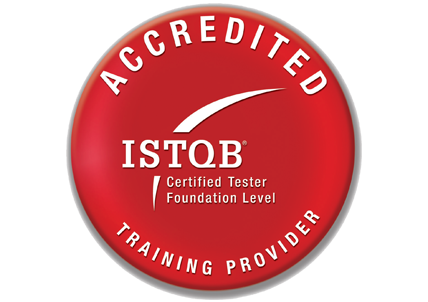Unable to find what you're searching for?
We're here to help you find itChange Vendor
At Koenig Solutions, we guide professionals through the world of software quality with our focused ISTQB certification programs. The International Software Testing Qualifications Board (ISTQB) creates the global standards for software testers, and our programs are built to teach you skills that align with this respected framework. This helps you gain a solid understanding of quality assurance.
The learning path starts with the basics and builds toward more advanced and specialized subjects. This includes exciting new areas, preparing you to become a certified tester in artificial intelligence (ISTQB), a rapidly growing field. All our program content comes directly from the official ISTQB syllabus, ensuring you learn industry best practices and global standards.
Earning an ISTQB certification is like getting a professional seal of approval that is recognized all over the world. It shows employers, clients, and colleagues that you are serious about your skills in software quality and helps build their trust in your abilities.
Certified professionals also share a common professional language. This means everyone on a project team understands each other clearly, which prevents confusion and helps projects run more smoothly. It's why employers often look for professionals who have an ISTQB certification, as it shows a strong grasp of quality principles and a commitment to high standards.

Change Partner
Clear All
Filter
Clear All
Clear All
Clear All
*Excluding VAT and GST
Showing to of entries
Software Testers and Quality Assurance Engineers
Test Analysts and Technical Test Analysts
Test Managers and QA Team Leads
Software Developers and Programmers
Business Analysts and Project Managers
IT Directors and Managers involved in the software lifecycle
Professionals working with or testing AI-based systems
Holding an ISTQB certification makes your professional profile stand out, giving you a real advantage in the competitive tech job market. Think of it as a clear path for your career growth, opening doors to more senior, management, and expert-level positions.
This certification also allows you to move into high-demand specializations like test automation, security, or artificial intelligence testing. The structured ISTQB path—which includes Foundation, Advanced, and Expert levels—acts as a roadmap for your ongoing professional development. By getting certified, you show a dedication to improving your skills, which prepares you for more responsibility and leadership opportunities, turning your job into a fulfilling long-term career.
Take the next step in your career with a globally respected certification. Explore our ISTQB courses at Koenig Solutions to unlock your professional potential.



